
The USDA recently sent out a letter to all SNAP retailers issuing clarification on SNAP benefits, listing cannabis products as ineligible items.

The USDA recently sent out a letter to all SNAP retailers issuing clarification on SNAP benefits, listing cannabis products as ineligible items.
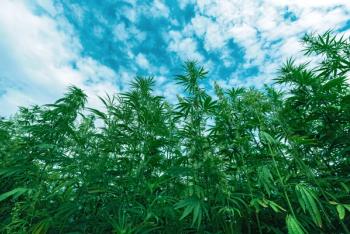
The WSWA recently announced support removing a section of the FY2026 Agriculture–FDA appropriations bill, which includes the ability to place a federal ban on naturally-derived cannabinoids.

The Office of Cannabis Management in Minnesota recently sent out an accidental email telling cannabis lottery license winners that they were denied a license.
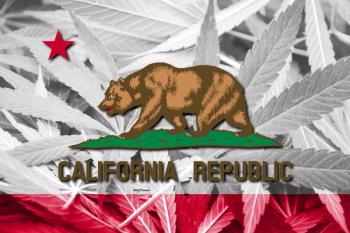
The California Assembly recently voted to pause a cannabis tax hike which would have raise cannabis sales taxes by 25%.

Here, we bring you our top five recent articles covering unlicensed cannabis purchases in New Jersey, cannabis found in Haribo candy, regulating cannabis beverages in Kentucky, appeals court rejects argument against federal prohibition, and organic certification in the industry.
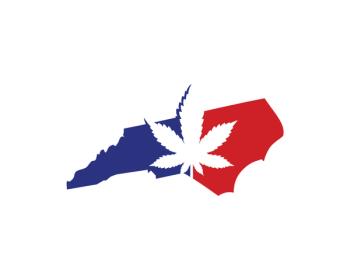
Governor Stein formed an advisory council to study best practices and recommend cannabis regulations, aiming to protect young people and create a safe, legal market for adults.
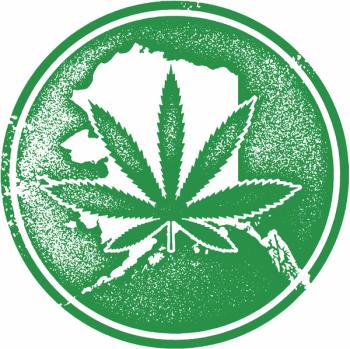
Alaska judge rules that the 2023 ruling over limiting intoxicating hemp products is constitutional and can stay.

Potential new legislation could criminalize unlicensed cannabis purchased in New Jersey.

Here, we bring you our top five recent articles covering a survey on veterans and medical cannabis treatment, a new White Earth dispensary location, New Mexico’s basic income pilot program, social equity licenses in Washington State, and our new podcast episode.
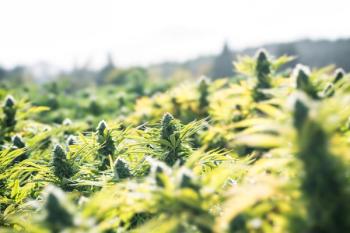
Washington will begin issuing next month new cannabis licenses from the state’s Social Equity Program.

Denton City Council repealed a cannabis decriminalization ordinance, Proposition B, potentially from growing pressure from Texas Attorney General Ken Paxton.
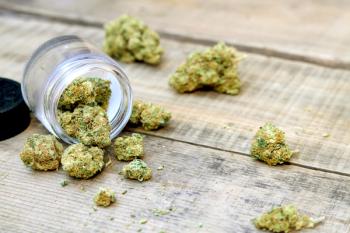
First cannabis dispensary outside of Tribal lands opened by White Earth Nation in Minnesota.

Most military veterans and their family members felt that the Department of Veterans Affairs should be offering medical cannabis as a treatment option.

Here, we bring you our top five recent articles covering hemp restrictions in Alabama and Texas, data on medical cannabis patients and sleep apnea, FDA making psychedelics a top priority, and research on cannabis use and sperm quality.

The city of Albuquerque, New Mexico is officially introducing their basic income pilot program which will help communities impacted by cannabis criminalization.
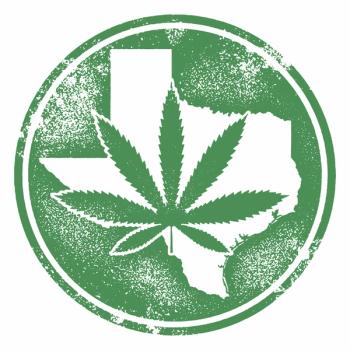
Industry stakeholders responded to the bill, which would prohibit the sale and possession of hemp-derived THC, among other restrictions.

New legislation signed into law by Minnesota Governor Tim Walz, ends criminal penalties related to bong water.

FDA Commissioner, Dr. Marty Makary, under the Trump Administration, announced in a recent interview that the government agency is making psychedelics a top priority.
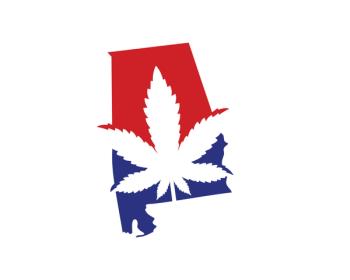
Alabama Governor Kay Ivey recently signed into law HB 445, a hemp restriction bill that has received opposition from the hemp industry.

Here, we bring you our top five recent articles covering cannabis legalization bills in Pennsylvania and Virginia, hemp regulation compliance in California, the first map of tribal cannabis and hemp programs, and a study on cannabis consumption and a sedentary lifestyle.

The Pennsylvania Senate rejected a bill that would have legalized adult-use cannabis in the state.
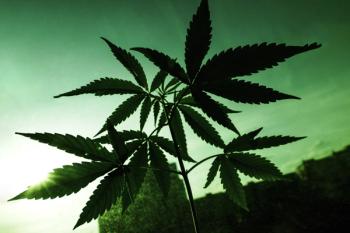
The Indigenous Cannabis Industry Association (ICIA) and Vicente LLP recently released the first-ever comprehensive map of Tribal cannabis and hemp programs.

Congresswoman Dina Titus and Congresswoman Ilhan Omar recently introduced the Evidence-Based Drug Policy Act of 2025 to Congress, which hopes to change restrictions on cannabis research.
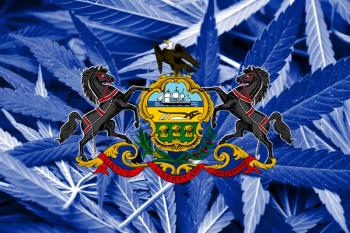
The Pennsylvania House recently approved HB 1200, a cannabis legalization bill that could legalize adult-use cannabis in the state.
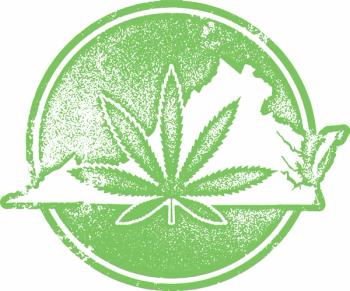
Virginia Governor Youngkin recently vetoed HB 1989, a medical cannabis bill which would have made improvements to medical cannabis access and product labeling.